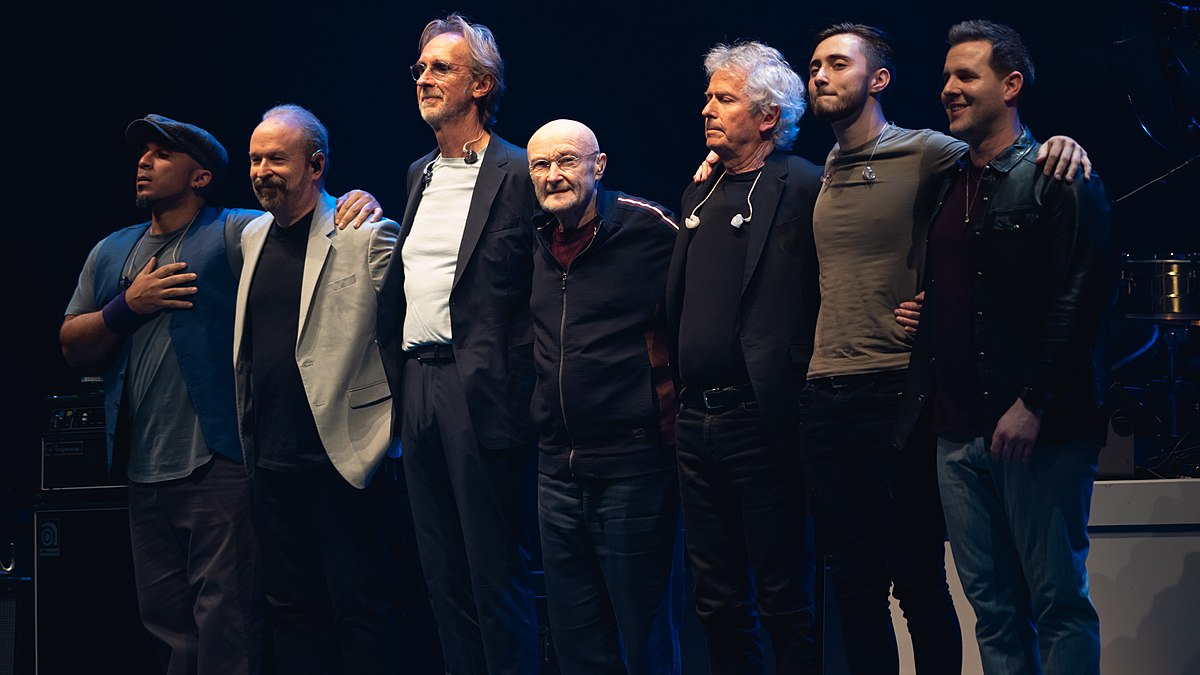Introduction
Genesis, a pioneering English rock band, and Phil Collins, their drummer-turned-frontman, have left an indelible mark on the music world. From the progressive rock scenes of the 1970s to mainstream pop success in the 1980s and beyond, their contributions have shaped various musical genres and influenced countless artists.
Genesis: Formation and Evolution
Early Years and Lineup Genesis was formed in 1967 by Tony Banks (keyboards), Mike Rutherford (bass, guitar), Peter Gabriel (vocals), Anthony Phillips (guitar), and Chris Stewart (drums). Phil Collins joined the band in 1970 as a drummer and later became the lead vocalist after Gabriel’s departure in 1975.
Musical Style and Evolution Genesis started as a progressive rock band known for complex compositions, theatrical live shows, and concept albums. Over time, their music evolved to include more pop and rock elements, especially during the 1980s.
Major Albums and Hits:
1: Nursery Cryme (1971): Introduced Phil Collins and Steve Hackett, featuring songs like “The Musical Box.”
2: Foxtrot (1972): Included the epic track “Supper’s Ready.”
3: Selling England by the Pound (1973): Featured hits like “Firth of Fifth” and “I Know What I Like (In Your Wardrobe).”
4: The Lamb Lies Down on Broadway (1974): A concept album and the last to feature Peter Gabriel.
5: A Trick of the Tail (1976): The first album with Collins as lead vocalist, marked a shift in their sound.
6: …And Then There Were Three… (1978): Included the hit “Follow You Follow Me.”
7: Duke (1980): Marked their commercial ascent with hits like “Turn It On Again.”
8: Invisible Touch (1986): Their most commercially successful album, featuring “Invisible Touch,” “Land of Confusion,” and “Tonight, Tonight, Tonight.”
9: We Can’t Dance (1991): Their final album with Phil Collins, featuring “I Can’t Dance” and “No Son of Mine.”


Leave a Reply